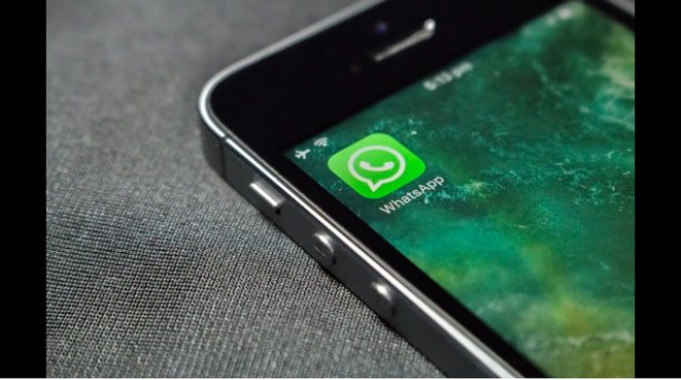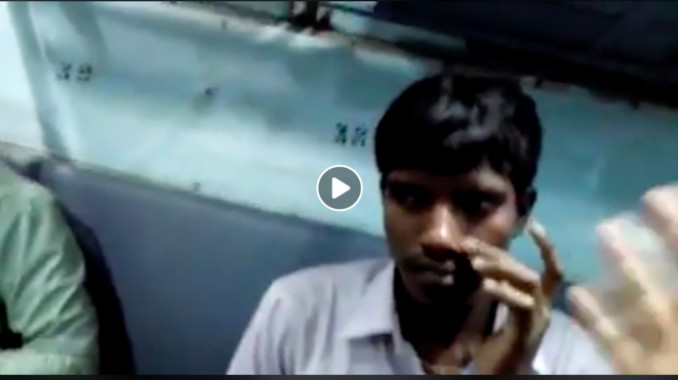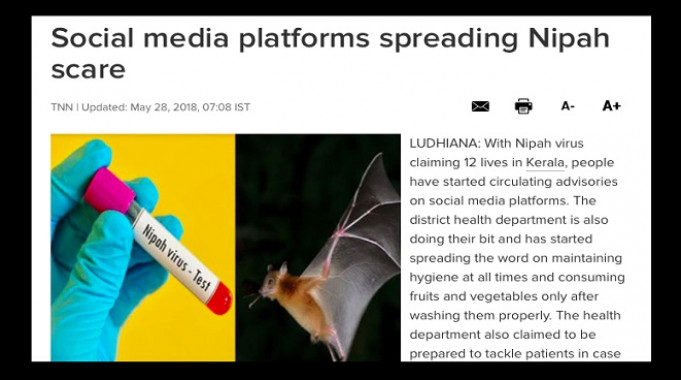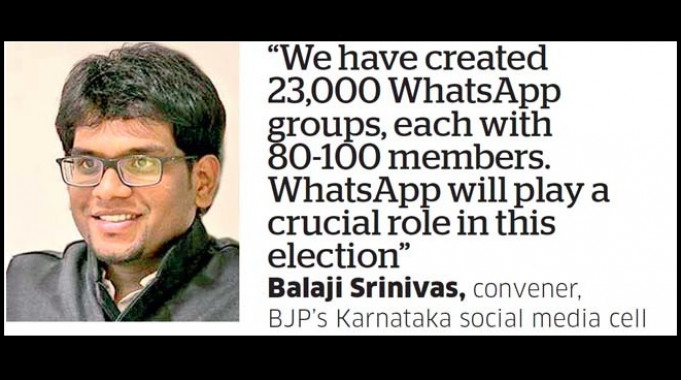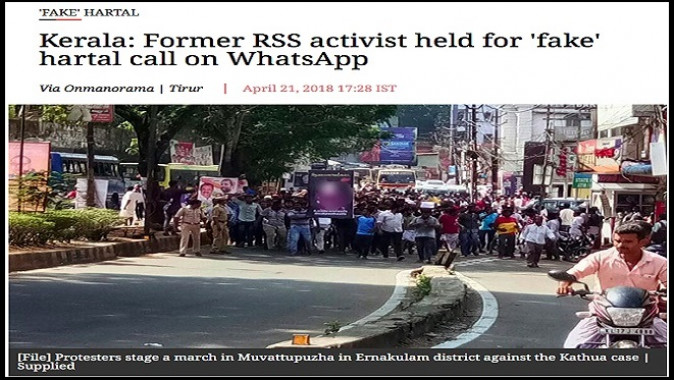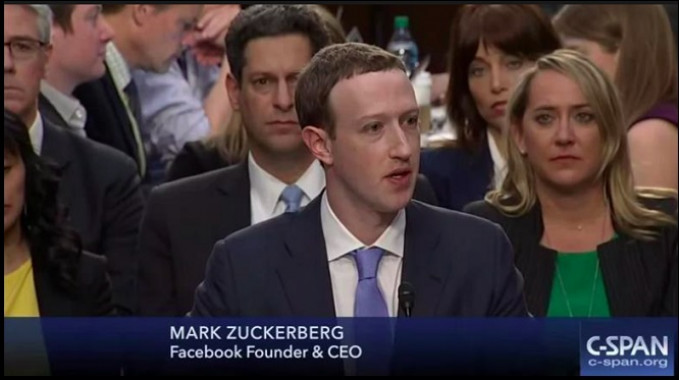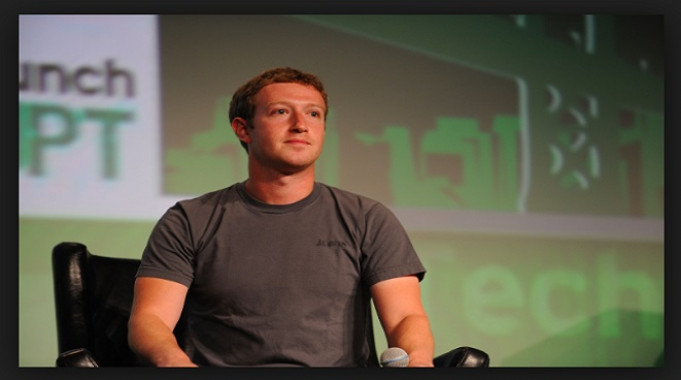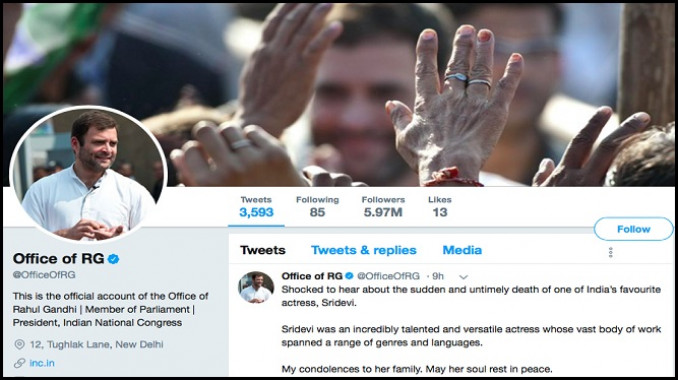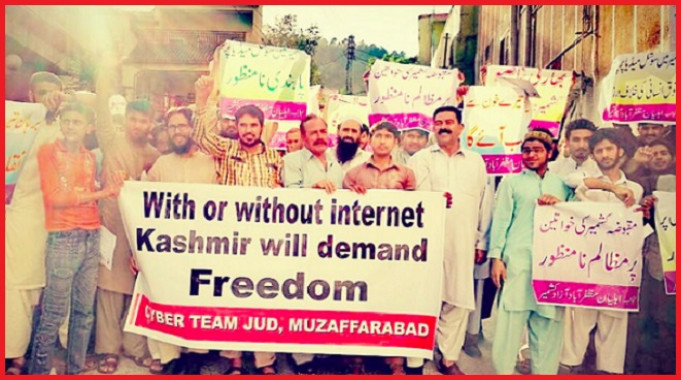BY SHAN WANG|
IN DIGITAL MEDIA
|08/08/2018
Comprova, a fact-checking collective made up of 24 newsrooms around Brazil, launched this week in the lead up to the October elections.
BY ARITRA BHATTACHARYA|
IN DIGITAL MEDIA
|08/06/2018
The fact that Bangla Sanskriti Mancha activists were primary informants for most stories in the media highlights the role that city-based NGOs can play in bringing such issues to light,
BY RAJEESH KUMAR|
IN DIGITAL MEDIA
|28/05/2018
Social media in Kerala has been spreading falsehoods and panic over the Nipah virus
IN DIGITAL MEDIA
|19/05/2018
Real news about fake news: fake audio on WhatsApp in India, and a fake pre-election poll purportedly sponsored by the BBC, showing a big victory for the BJP.
BY N. P. CHEKKUTTY|
IN REGIONAL MEDIA
|25/04/2018
Kerala youths were drawn into violent protests over the Kathua case by anonymous WhatsApp calls made by shadowy forces with ulterior motives
BY JEFF INGLIS|
IN DIGITAL MEDIA
|21/04/2018
It could take responsibility for the content it publishes and start competing to provide the most accurate news instead of the most click-worthy.
BY SARAH JOSEPH|
IN DIGITAL MEDIA
|11/04/2018
Social media was initially a boon for human rights, but human rights abuses might be embedded in the business model that has evolved for social media giants in their second decade.
BY RAJEESH KUMAR|
IN DIGITAL MEDIA
|22/03/2018
The Cambridge Analytica controversy should make us all think more critically about Facebook and what it does
BY SIMRAN AGARWAL|
IN DIGITAL MEDIA
|01/03/2018
Analysing the tweets for a month revealed what works and what doesn’t, and that Rahul Gandhi does better than his party.
BY SIMRAN AGARWAL, RAHUL BHATNAGAR, SHILPI GOYAL|
IN DIGITAL MEDIA
|05/01/2018
There was not a single month in 2017 when an internet shutdown was not in force in some part of the country.
Subscribe To The Newsletter


